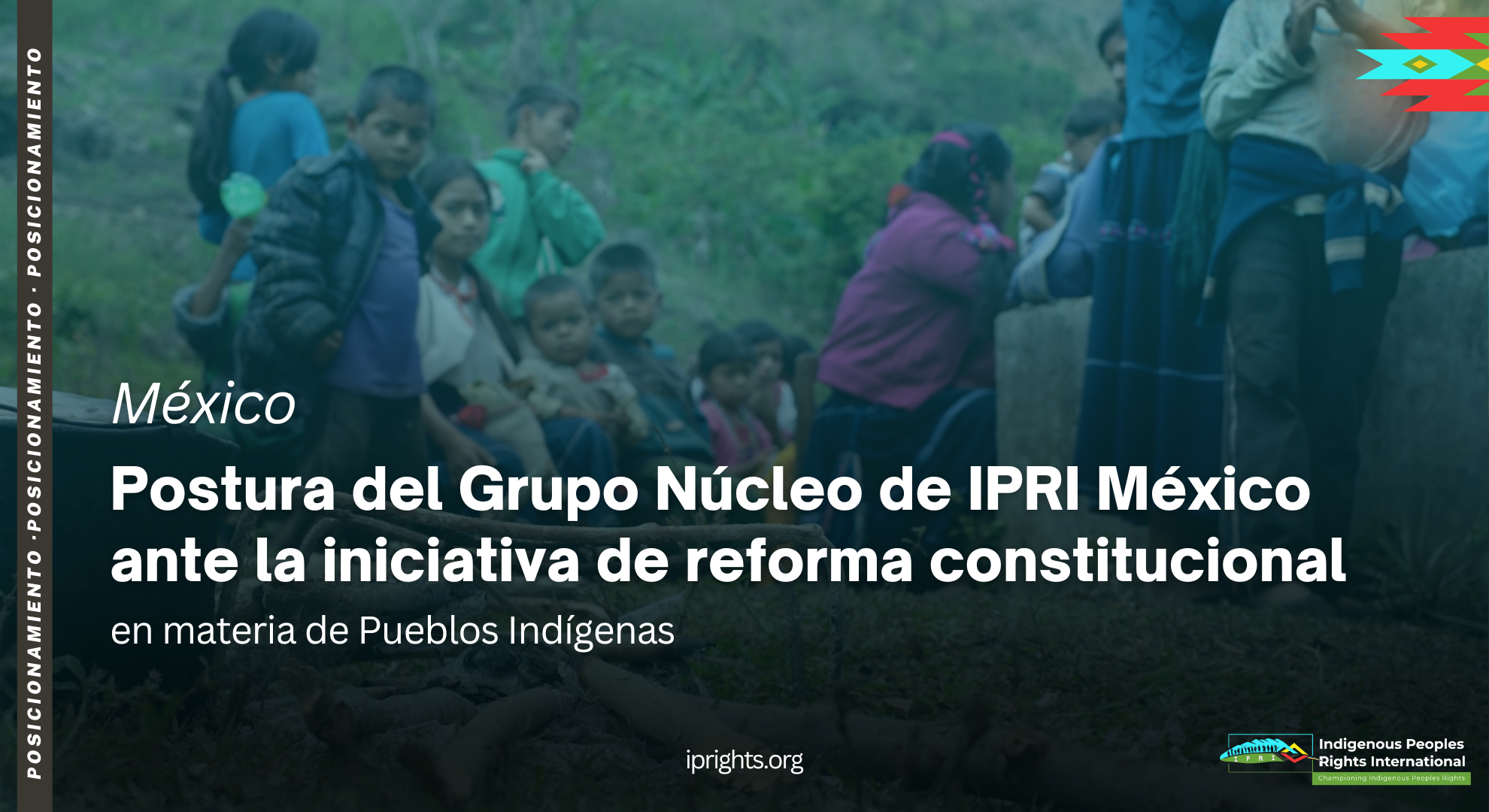
By Anabela Carlón, IPRI Mexico Research Coordinator
The impact of development projects on the human rights of Indigenous Peoples, particularly on women, is dispossession. This is not only material; it is also immaterial, and affects the land, the bodies, the spirit or collective conscience in different ways.
There are many development projects that have affected the indigenous people, but there is something in oral history that points out that during the diaspora of the Yaqui people to the southern states of Mexico, women were separated from their children because they “instilled in them hatred for the mestizos”. At least that is what some military reports describe.
Because of this affront, Yaqui women do not or did not feel excluded in their rights to territory and access to natural resources, since, like their peers, they were exiled for defending land, water, culture.
In the last ten years, two major projects have impacted the Yaqui people: an aqueduct (2010) and a gas pipeline (2014). Both cases occurred without consultation and with an increase in violence, disappearances, stigmatization and criminalization, in addition to the disregard for the performance and leadership of women in the defense of their territory, natural resources, government and normative systems. Because they question land rights, the collective future and defend the collective spirit.





